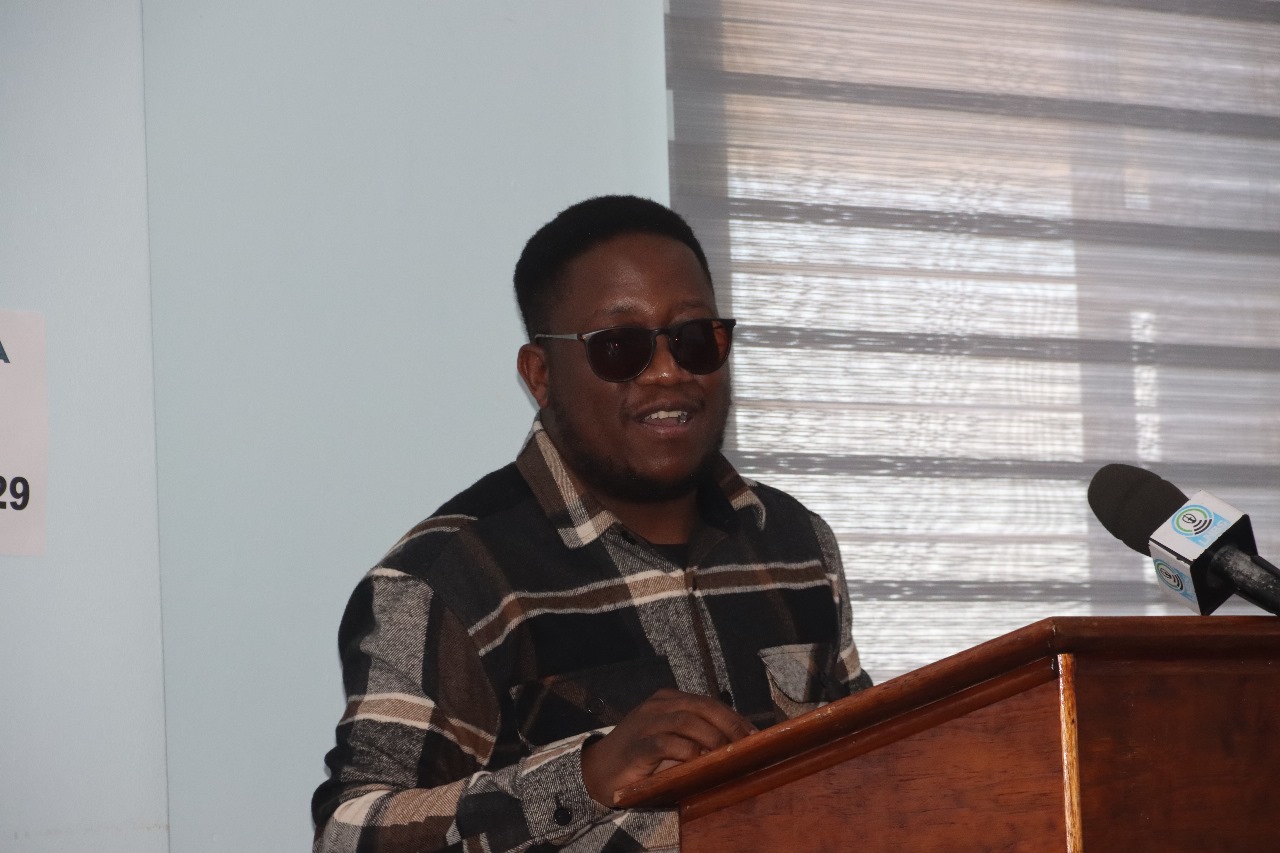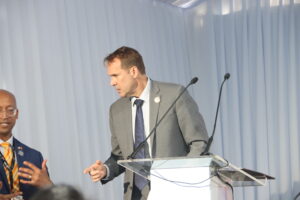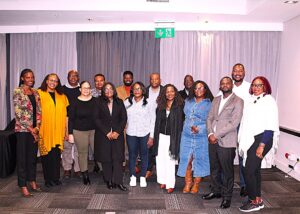Silence Charumbira
LACK of funding to popularise the African Union Protocol on the African Charter on Human and Peoples’ Rights of the Citizens Rights to Social Protection and Security Protection, was crippling efforts to ratify the protocol, Human Rights Specialist, Lepeli Moeketsi, has said.
Advocate Moeketsi, who is the Programme Lawyer at human rights organisation, Seinoli Legal Centre, said this on the sidelines of a recent workshop to sensitise civic society organisations, unions and associations on the protocol, in Maseru. The workshop was organised by Seinoli Legal Centre.
He said compared to other regional systems, the African human rights system was highly under-funded.

“This results in poor coordination among different players as far as this Protocol is concerned. Lack of funding to popularise the Protocol on the continent seriously cripples its ratification. In addition, emerging priorities and challenges in some African states such as conflicts, climate change and others, results in the Protocol not being given the attention it deserves,” Adv Moeketsi said.
He said most African governments feared that the Protocol would have serious financial implications thus were perceiving it as expensive.

“Closely knitted together is the view by some governments that the Protocol is likely to increase debt burden and debt distress among some countries.”
He said the meeting was to raise awareness of the Protocol among stakeholders so that they can eventually lobby the government of Lesotho to sign and ratify the Protocol to provide an integrated and comprehensive social protection system in Lesotho which ensured meaningful coverage in terms of social insurance schemes and social assistance measures and social services and protects against special and collective risks.

Among others,the meeting discussed the content of the Protocol, rationale and why it was imperative for Lesotho to ratify it. It also looked into the historical context and also delved into social protection in Lesotho, its progress to date, gaps and challenges.
He said Lesotho was lagging when in terms of its obligations under international human rights law.

“This is evidence by, among others, Lesotho’s position as provided under Chapter 3 of the Constitution of Lesotho of 1993 that socio-economic and cultural rights are not rights and cannot be enforced in the courts of law. The social protection rights protected by the Protocol, if ratified, would now mean the government will be bound by its provisions and held accountable at regional human rights mechanisms for failure to provide such rights to citizens.
“On the contrary, failure by the government to ratify the Protocol will reflect negatively on the country’s image regionally and internationally and its commitment in promoting and protecting human rights of Basotho by ensuring legislative, policy and administrative measures in providing safety nets for vulnerable groups. Failure to ratify will also bring into question Lesotho’s commitment to the regional and international development agenda. As such failure will be leaving vulnerable groups behind contrary to the United Nations Sustainable Development Goals of not leaving anyone behind.”
Asked if there was political will among Lesotho politicians to ratify the Protocol, he said there was hope that the government would soon realise the crucial role to be played by the Protocol in ensuring people’s right to social protection were fulfilled.

More from Africa News 24
LHDA’s Polihali Operations project manager speaks on LHWP II progress, delays
“As to the government’s actual attitude towards the Protocol, we are yet to determine it when we actually meet on the Protocol. but we are hoping for the best.”

Once ratified, the Protocol would ensure that social protection and social security would be regarded as rights and would become enforceable, “unlike currently when such protection is more of a charity and or goodwill of the government”.
“Social Protection will not be conducted on an ad hoc basis as is currently the case. When ratified, social protection will be a comprehensive system operating at all times.
“Most social protection measures are not aligned with the legal frameworks, regional and international instruments. Ratification will now see the country adopting legal frameworks, policies and administrative measures on social protection which are in line with the international human rights law and standards to ensure adequate and proper protection of rights.”

Subsequent to the recent workshop, stakeholders will now hold constructive engagement with the government to lobby its buy-in in signing and ratifying the Protocol to ensure maximum protection of vulnerable groups in times of distress, he said.
While Basotho were not aware that social protection was a right, “they however appreciate ad hoc social protection measures by the government to the vulnerable members of their society”.
“This is evidenced amongst others by the most recent high court case where Lesotho’s prime minister has been compelled to subsidise escalating prices of maize meal. This shows to an extent that Basotho are getting to appreciate that social protection can be enforced,” Adv Moeketsi said.












